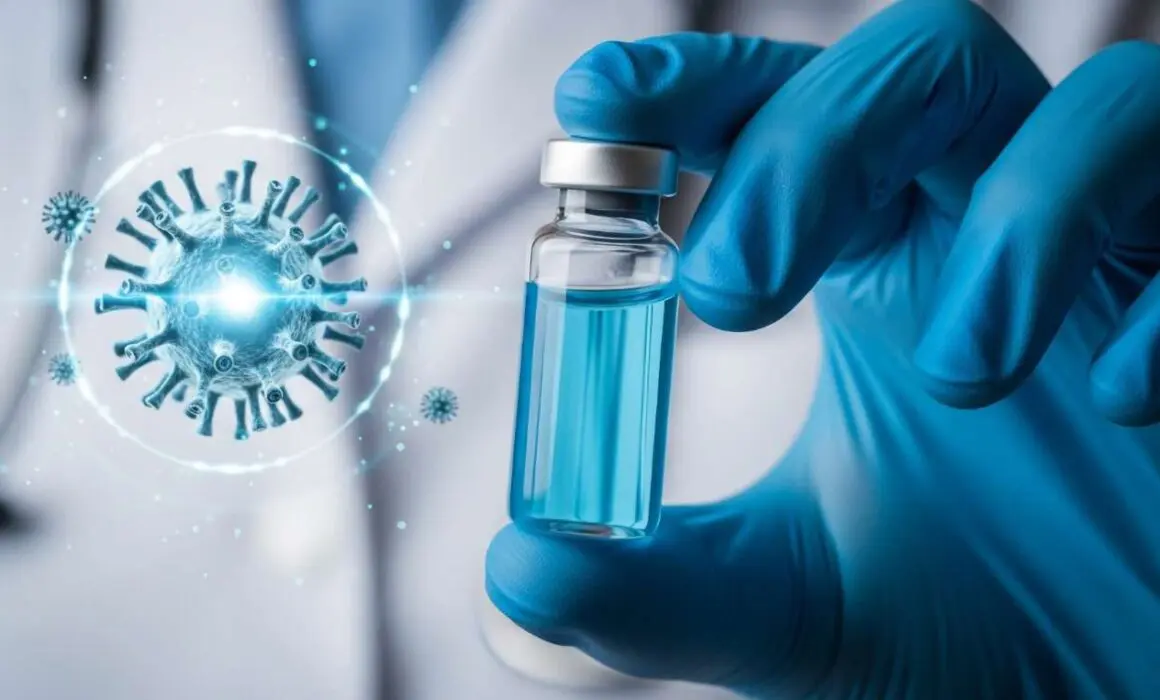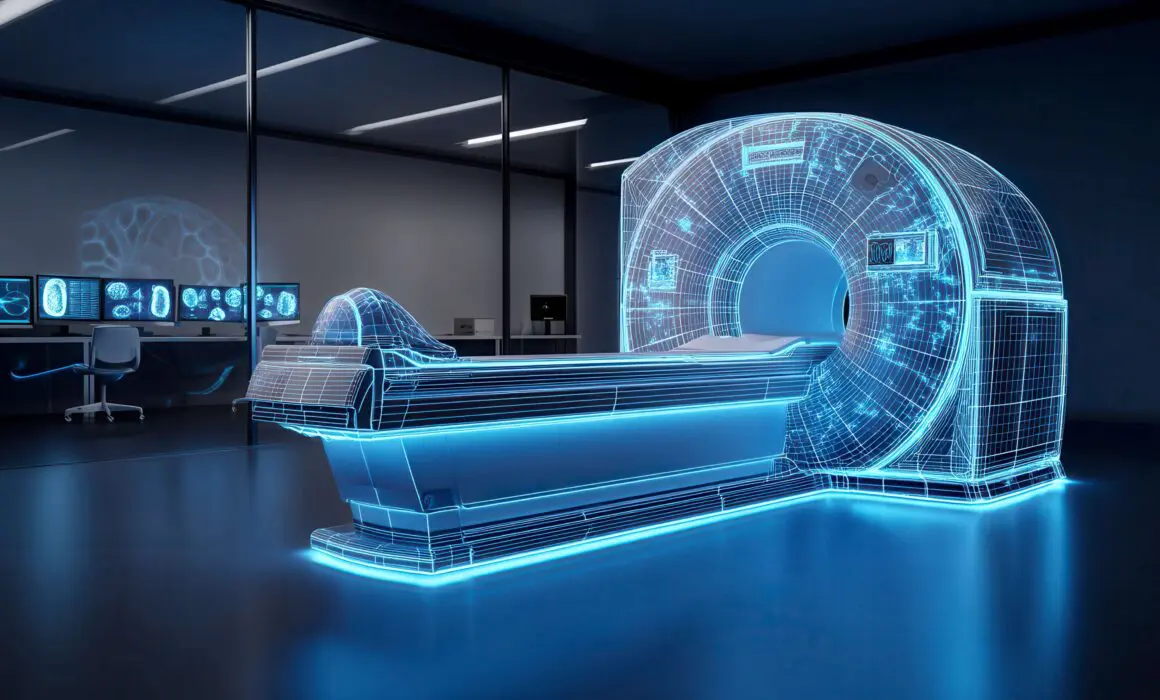
A recent study led by researchers at Northwestern University Feinberg School of Medicine says it is now possible to predict within three days of whiplash injury, which patients will develop chronic pain, based on cross “talk” between regions of the brain and a person’s anxiety level after the injury.
The findings, published in in Nature Mental Health, were from a large-scale longitudinal look at whiplash patients to identify predictors of the transition from acute to chronic pain. The research—a collaboration between the Technion – Israel Institute of Technology, Northwestern University, and the McGill University—found that the more the hippocampus, the brain’s memory center, talked with the cortex, which aids in long-term memory storage, the more likely a person is to develop chronic pain. Also, the higher the anxiety level of the patient immediately after whiplash from a car accident, the more accurately the scientists could predict chronic pain people reported one year later.
Keep reading at technologytangle.com.
More Health & Medicine stories

Pushing the Boundaries of Israeli Medicine




